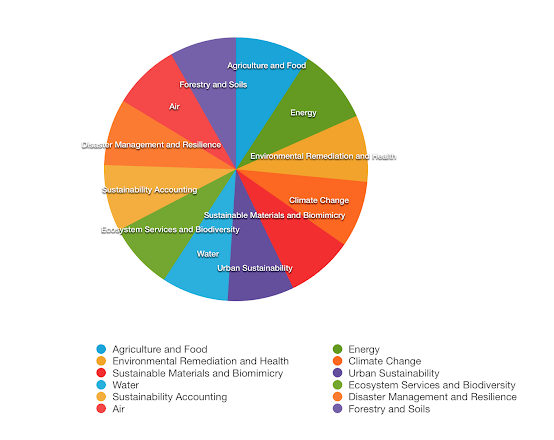A Trillion Dollar Market - But Where Are the People?
Last week we talked about how the market in clean technology and data science is already in the multi-billion dollar range and is headed to the multi-trillion dollar space in the next decade or so. However, one of the challenges that analysts highlighted was the lack of professionals who have sufficient expertise in both clean technology and data science. So today, let’s take a look at what’s happening in educating professionals in this exciting, new field as well as the kind of skills that are needed. Most of the traditional college and university programs haven’t yet caught up with the demand for professionals at this intersection of specialities - although they are getting there! While many universities and colleges have created data science degrees - these usually focus on the problems that are faced by the high-tech and internet sectors. The graduates from these programs usually have a pretty solid understanding of coding, algorithms including machine learning,...

